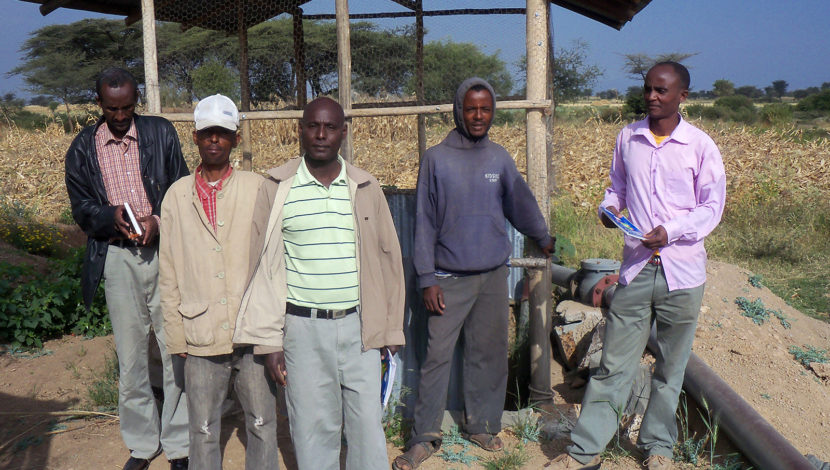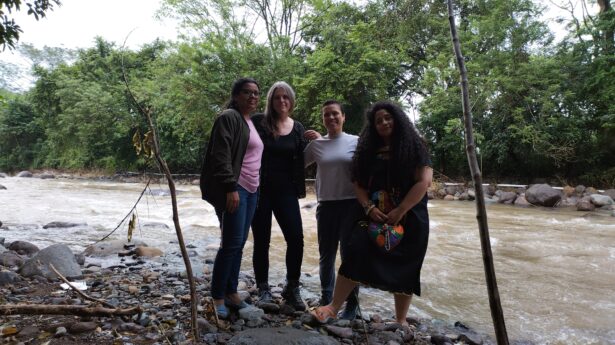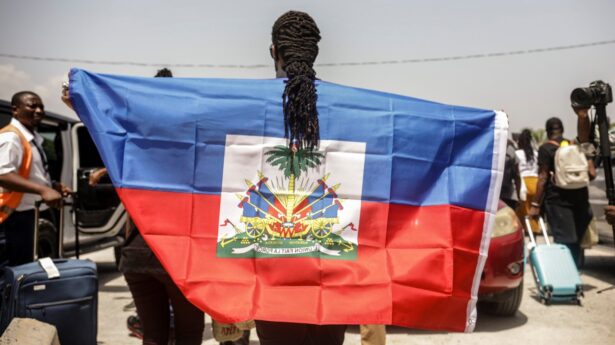The Unitarian Universalist Service Committee advances human rights through grassroots collaborations.
UUSC Developing Projects in East Africa to Address Crisis

September 14, 2011
In response to intensified need in Somalia and East Africa, UUSC opened the Somalia and East Africa Fund. In order to effectively use the generous contributions to this effort, UUSC’s on-the-ground consultant is conducting assessments in Kenya, Ethiopia, and Somalia (the state of Puntland, in particular) to shape UUSC’s response in the region. She has completed the first assessment in Kenya and within the next two weeks will travel to Ethiopia and Puntland. With the information gathered from these assessments, UUSC has begun to identify grassroots partner organizations and work with them on projects to support marginalized populations in the crisis.
UUSC’s initial response to the famine and drought focuses on the Somali Kenyans who are camped outside of refugee centers serving the Somali refugees crossing into Kenya as they flee the crisis. Both groups are culturally Somali, both have lost everything — herds, livelihoods, homes, goods — and both are suffering from hunger and malnutrition. They are existing side by side in indistinguishable makeshift shelters outside the huge refugee complex in Dadaab, in northeastern Kenya, the major focal point for famine relief. But the Kenyan Somalis, who have come to Dadaab on foot, desperate for help, can only watch outside the gates as the Somali refugees are allowed in the camp to register and receive relief. The Kenyan Somalis are internally displaced by the drought but are not refugees and so cannot receive famine relief offered in the camps. While there is a solid core of international nongovernmental organizations (NGOs) administering relief in the camps, there are very few providing relief to the internally displaced Kenyan Somalis or the host communities also suffering the ravages of the drought.
UUSC’s consultant also went to Garissa and Wajir, where large numbers of Somali Kenyans are pouring into the urban areas looking for any help at all after losing everything in the drought. There are huge numbers of children and women begging in the streets, asking for food or water. Over and over women told her that they were being forced to marry off their girl children as a way to reduce the pressure on their households. The consultant also saw large groups of young boys in Wajir who are vulnerable to recruitment by the Somali militia Al-Shabaab.
UUSC’s Rights in Humanitarian Crises Program focuses on people marginalized from mainstream aid because of race, class, or gender. In northern Kenya, people are being marginalized because of nationality; although they are suffering hunger and sickness, the fact that they have not crossed a border renders them ineligible for assistance. While both Ethiopia and Kenya have launched national responses to the drought emergencies within their countries, the resources are lamentably inadequate. UUSC is now developing projects with the following local NGOs in Dadaab, Garissa, and Wajir to support those neglected populations internally displaced by the famine.
Dadaab
- The Relief, Reconstruction, and Development Organization works with both the internally displaced and the Somalis in the camps, with a particular focus on reducing the potentially dangerous tension between the two groups. UUSC will support the internally displaced with tree-planting and agricultural projects (fast-growing crops) for nutrition and income. In addition, UUSC will work with the Relief, Reconstruction, and Development Organization to protect women by increasing access to wells, in order to sharply reduce the distance they need to cover to get water.
- ASPECT works with host communities in Dadaab, and UUSC will expand their work identifying children most at risk among the internally displaced and offering food and care in their childhood centers, with a particular emphasis to prevent child marriage and trafficking.
Garsissa and Wajir
- Women Concern Kenya (WCK), with UUSC support, will expand their successful program with the internally displaced women in Garissa, providing them with start-up loans for small businesses. UUSC will also work with WCK to intensify their work with street children who are orphaned or abandoned because of drought and famine and being sexually exploited or working as servants and laborers.
- UUSC will also develop work with Caritas Garissa and the Daughters of St. Anne in Wajir and Garissa, with a strong focus on preventing early marriage and trafficking as well as protecting young boys from recruitment as child soldiers by Al-Shabaab.

